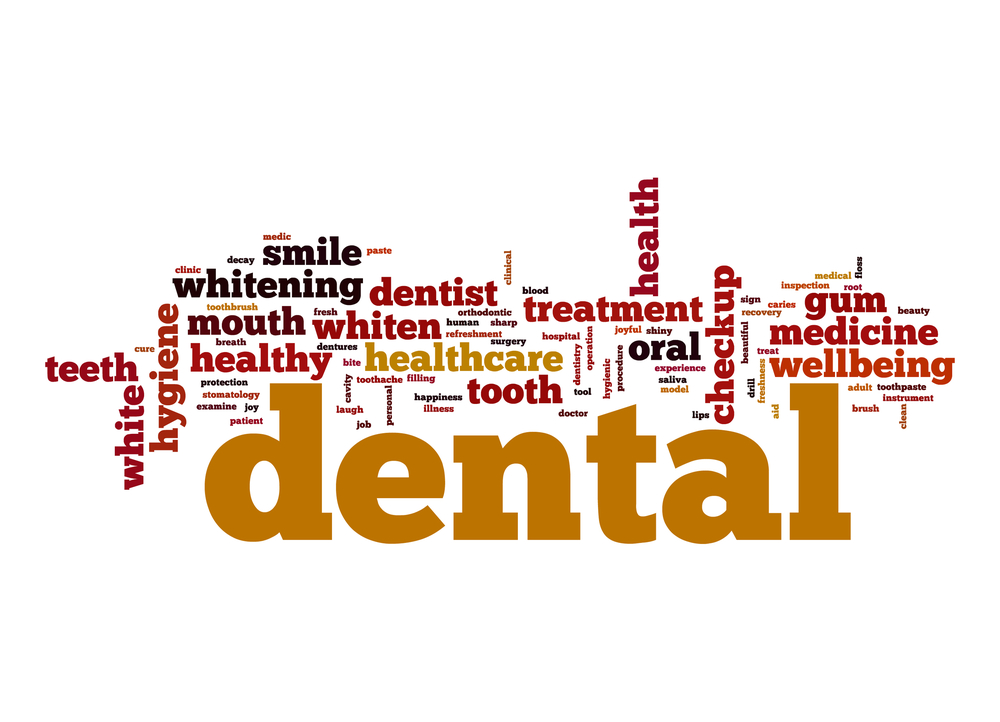 The 93rd General Session and Exhibition of the International Association for Dental Research (IADR) was recently held in Boston, Massachusetts, between 11 and 14 of March, simultaneously with the 44th Annual Meeting of the American Association for Dental Research and the 39th Annual Meeting of the Canadian Association for Dental Research. During the meeting, researcher Sheila Arvikar from the Massachusetts General Hospital, Boston, presented a study entitled “Inflammation in the Mouth and Joints in Rheumatoid Arthritis.” In this study, the research team analyzed the joint and dental quantified Porphyromonas gingivalis (P. gingivalis) antibodies and analyzed inflammatory microenvironments in early and chronic RA patients.
The 93rd General Session and Exhibition of the International Association for Dental Research (IADR) was recently held in Boston, Massachusetts, between 11 and 14 of March, simultaneously with the 44th Annual Meeting of the American Association for Dental Research and the 39th Annual Meeting of the Canadian Association for Dental Research. During the meeting, researcher Sheila Arvikar from the Massachusetts General Hospital, Boston, presented a study entitled “Inflammation in the Mouth and Joints in Rheumatoid Arthritis.” In this study, the research team analyzed the joint and dental quantified Porphyromonas gingivalis (P. gingivalis) antibodies and analyzed inflammatory microenvironments in early and chronic RA patients.
Rheumatoid arthritis (RA) and periodontitis are two common chronic inflammatory diseases with similar host- inflammatory microenvironments in early and chronic RA patients. Periodontitis is characterized by the destruction of soft and hard tissue around teeth, ultimately leading to tooth loss, while RA is characterized by destruction of cartilage and bone in the joints, mediated by similar bone-resorptive cytokines and proteinases. Both conditions lead to significant morbidity, with periodontitis and RA ultimately leading, respectively, to tooth loss and masticatory function and loss of joint function and mobility. Currently, the connection between the two diseases is still not well understood.
In the present study, 23 RA patients and 20 healthy controls of similar age and gender with no periodontitis/RA were recruited. The researchers quantified serum P. gingivalis IgG antibodies by ELISA and 20 inflammatory mediators in serum, saliva, gingival crevicular fluid (GCF) and joint fluid by Luminex. From 23 patients, among which 87% are female, 22 received regular dental care and none at the time smoked. Within the 23 RA patients, 10 had gingivitis and 9 had periodontitis. The RA patients had increased pocket depth, the presence of an abnormal depth of the gingival sulcus near the point at which the gingival tissue contacts the tooth, clinical attachment loss, bleeding on probing and GCF volume when compared with healthy controls. Six of the patients had P. gingivalis antibodies and periodontitis. All the RA patients presented a patent inflammatory profile, including oral, regardless of routine dental care.
The presence P. gingival is antibodies are now considered as a biomarker for rheumatologists to decide which patients may profit from periodontal care.


